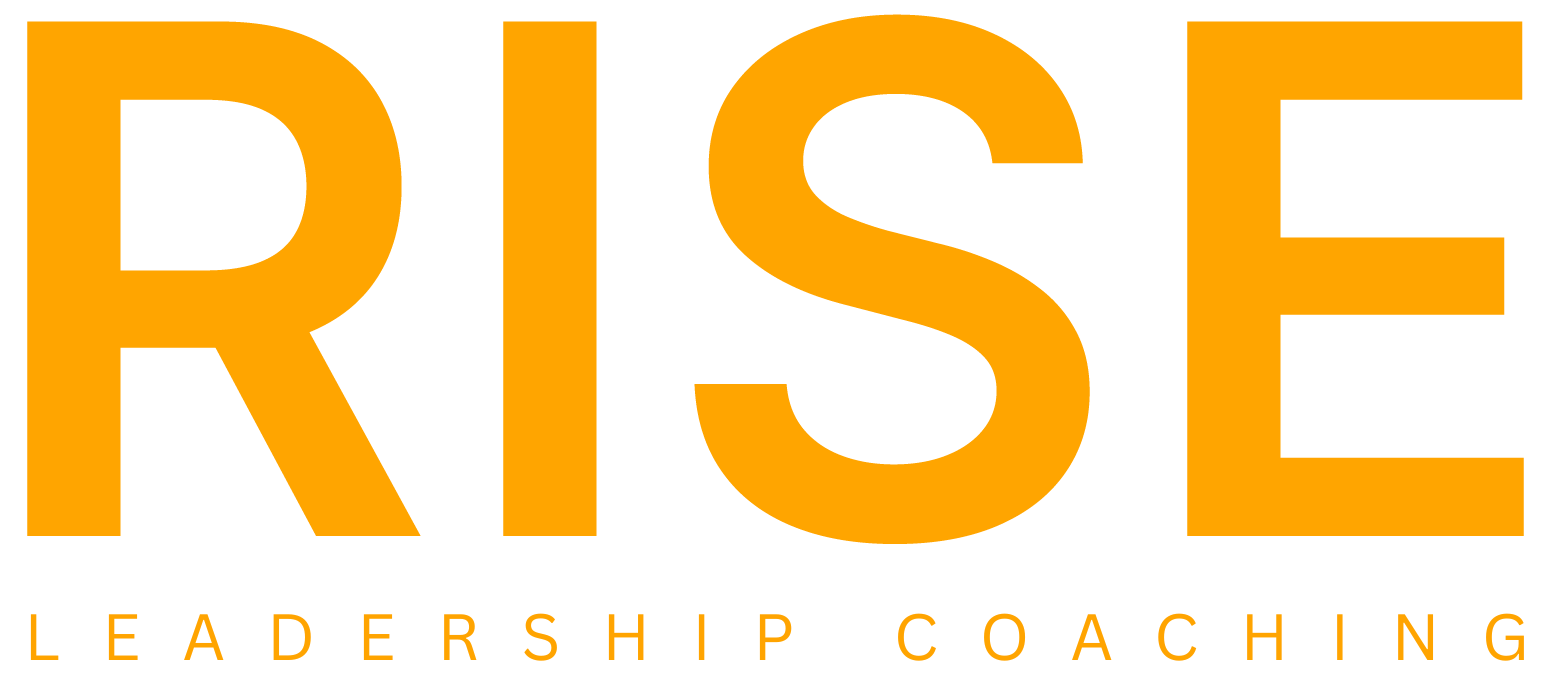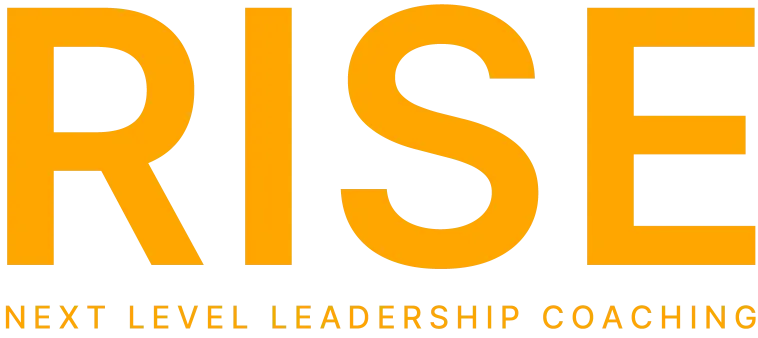Why EQ is the Strategic Advantage That RISE Coaches Cultivate
Emotional intelligence (EQ) has long been misunderstood as a soft skill, nice to have, but not essential. Today, the data tells a different story. In high-stakes leadership roles, emotional intelligence in leadership is not just beneficial; it’s strategic.
Understanding and enhancing emotional intelligence (EQ) is pivotal for leaders in any organization. For instance, a leader with high EQ may navigate a team through a crisis more effectively by remaining calm and encouraging open communication. This ability not only alleviates stress but also fosters a collaborative atmosphere that enhances team performance.
In high-stakes leadership roles, EQ is not just beneficial; it’s strategic. Leaders who score higher in emotional intelligence are promoted more quickly, lead more effectively, and generate stronger business results.
Emotional intelligence can lead to increased employee retention. Leaders who empathize with their team members’ challenges can create a more supportive work environment, which encourages loyalty. An example of this is seen in companies where leaders actively solicit feedback and make adjustments based on their team’s input, leading to higher job satisfaction.
Leaders who score higher in emotional intelligence are promoted more quickly, lead more effectively, and generate stronger business results, making emotional intelligence in leadership a key driver of success.
In practice, organizations that prioritize emotional intelligence training for their leaders often report significant improvements in employee engagement and productivity. For example, a study conducted at a tech company showed that after implementing EQ training, productivity rates increased by 20%, attributed to better communication and teamwork.
The Data: EQ Drives Leadership Success
A landmark study by TalentSmart found that EQ is the strongest predictor of performance, responsible for 58% of success in all types of jobs. Even more striking, 90% of top performers had high emotional intelligence, while just 20% of low performers did.
Further supporting these findings, the 2019 World Economic Forum’s Future of Jobs report identified emotional intelligence as one of the top 10 skills needed for success in the evolving workplace. Employers are now actively seeking candidates who pair technical knowledge with emotional awareness, empathy, and the ability to collaborate effectively. As automation increases, these human-centred skills are becoming a core differentiator in leadership and team performance.
Harvard Business Review calls EQ the sine qua non of leadership, meaning without which, nothing. In Daniel Goleman’s influential article, he explains that without emotional intelligence, even the most brilliant leaders can derail. The ability to manage yourself and build meaningful relationships isn’t just important, it’s essential.
Peer-reviewed research backs this up. A study in the Journal of Organizational Behavior found that emotional intelligence significantly predicts leadership emergence and effectiveness, even after controlling for IQ and personality traits (Cavazotte et al., 2012).
The importance of emotional intelligence in leadership extends beyond immediate team dynamics. It plays a crucial role in shaping organizational culture. Leaders who exemplify high EQ can inspire a culture of openness, where team members feel safe to express ideas and concerns, ultimately driving innovation.
EQ Is Not Soft, It’s Strategic
Emotional intelligence isn’t about being nice or avoiding conflict. It’s about being smart with feelings, reading a room, handling pressure, influencing outcomes, and navigating relationships with clarity and resilience.
Practical applications of emotional intelligence in leadership include recognizing the emotional climate of a workplace. Leaders capable of sensing group dynamics can adjust their strategies to ensure that team morale remains high. For example, during stressful project phases, a leader may choose to introduce team-building activities to alleviate tension and foster camaraderie.
Leaders with high EQ:
Leaders with high emotional intelligence are adept at providing constructive feedback. They understand how to deliver criticism in a way that encourages improvement while maintaining respect. This skill is invaluable for personal and professional development within teams.
- Adapt quickly during uncertainty or change
- Influence key stakeholders with empathy and confidence
- Build high-performing teams rooted in trust
- Resolve conflict without creating fallout
In other words, EQ enables leaders to manage complexity, lead people through ambiguity, and make better decisions – all skills that boards and executives look for in their next promotion candidate.
RISE Coach Insight: Building EQ in High-Stakes Roles
At RISE, we work with professionals working in (or aiming for) high-impact leadership roles. Many are already technically brilliant, but it’s their emotional intelligence that unlocks trust, authority, and advancement.
We see time and time again that when leaders develop their EQ, they gain traction faster, and the results speak for themselves.
We track the progress of leaders through measurable outcomes, such as changes in team performance metrics and employee satisfaction scores, demonstrating the tangible benefits of emotional intelligence in leadership.
Want to Lead with Influence, Not Just Expertise?
If you’re ready to unlock trust, impact, and promotion potential, coaching is your next step.
Engaging in coaching not only enhances emotional intelligence but also equips leaders with the tools needed to influence and inspire their teams effectively. For instance, a leader trained in EQ can create an environment where team members feel valued and heard, which is crucial for driving engagement and productivity.
Our expert coaches help you strengthen emotional intelligence and executive presence so you thrive in high-stakes environments.
👉 Reserve your free coach discovery call here.
Our methods include personalised coaching sessions that focus on real-world applications of emotional intelligence, ensuring leaders can implement their learning immediately. This hands-on approach allows for immediate feedback and adjustments, ultimately leading to sustained development.
Join our live webinar with executive career coach, Jamie Rawlings – Conquering Midlife Career Crisis: Find Your Next Steps (July 28, 10:00 EDT)
Photo Credit: Shutterstock/ People Images







